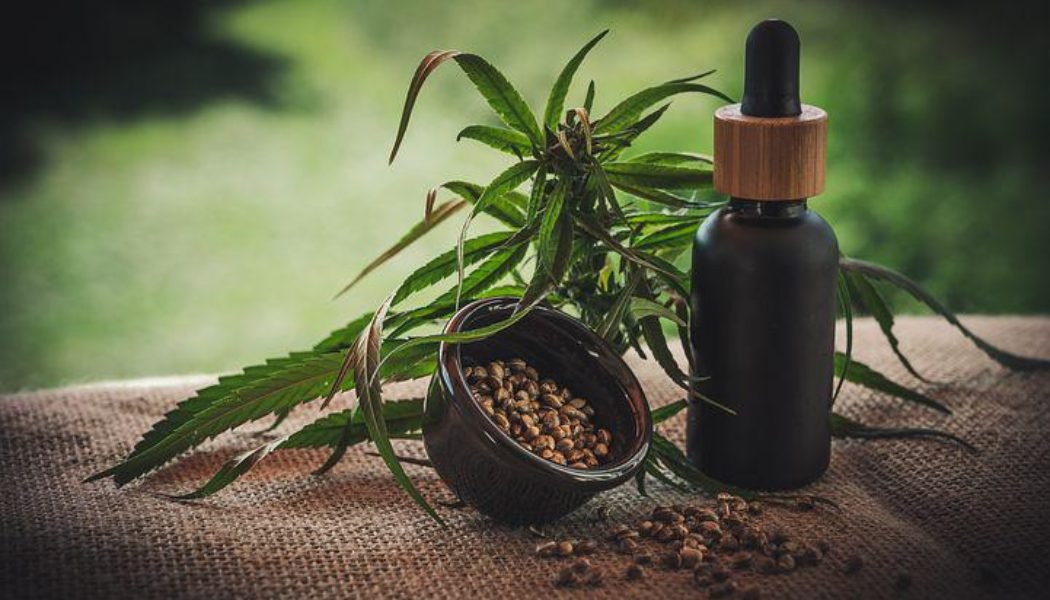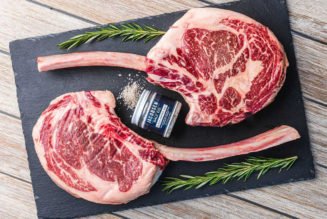FIRST OFF – There is No CBD in Hemp Seed Oil
While reputable manufacturers will identify their products as CBD or hemp oil, you need to be aware of one more significant point. CBD is a cannabinoid found in the whole plant milled biomass of hemp plants. Hemp seed oil is the oil pressed from the seeds of the plant. There is no cannabidiol (CBD) in hemp seed oil.
When you are considering purchasing a hemp oil product, it’s essential to note the product ingredients. A quality CBD product will specify how many milligrams of cannabidiol it contains. For example, when you are searching for a CBD tincture, you will likely have a choice of several levels of potency, 250 mg, 500 mg, 1000 mg or more of CBD in a 15-30 ml bottle. Capsules will be labeled according to the mg per tablet. If the amount of cannabidiol in a product is not specified, consider purchasing a different product.
We suggest TRUE Full Spectrum CBD Products. If it is not labeled Full Spectrum it would be an isolate or distillate. The main difference is that an isolate contains just a single chemical that is known as CBD. Meanwhile, distillates contain the whole plant and use the entourage effect.
Cannabis Use Without the High
The fact that hemp is a cannabis plant has fueled the controversy and confusion surrounding hemp-derived products for many years. For a while, it wasn’t even legal to grow hemp in the US. Fortunately, those times have changed. Today, there is a significant amount of interest in the oil extracted from this multi-purpose plant. Hemp oil, CBD, is shown to offer a multitude of potential health benefits. We can help you understand the basics of this fascinating, natural product.
Cannabidiol (CBD) is one of the 113 potentially beneficial cannabinoids found in cannabis plants. Some people are initially uncomfortable learning that CBD comes from cannabis, but we can assure you that there is no cause for alarm. There are two potential CBD sources, hemp, and marijuana. You may be reassured by the following:
- The CBD Extracted from Marijuana
The CBD extracted from marijuana contains high levels of tetrahydrocannabinol (THC), as much as 30 percent. THC is the cannabinoid that causes marijuana’s psychoactive effects. It’s because of the THC that marijuana is classified as a schedule 1 drug. While the laws regulating marijuana use vary by state, typically marijuana is only available when prescribed by a health care provider.
- The CBD Extracted from Hemp
While hemp is cannabis, the CBD extracted from hemp does not contain high levels of THC. The government is very clear on acceptable THC levels. To qualify as hemp, the plant needs to contain .3 percent THC or less. Even if you consume a large quantity of hemp oil, the likelihood of feeling “high” is very unlikely. Because there are no risks of THC interfering with your cognitive abilities or motor skills, hemp oil is available without a prescription.
Hemp Oil and CBD Are Interchangeable Terms
CBD is the abbreviation for cannabidiol, one of the more prominent cannabinoids found in cannabis extract. When you are searching for hemp-sourced CBD products, you will likely find CBD also referred to as hemp oil.
Hemp oil contains CBD. Consumers are looking for hemp-sourced CBD products. You may need to know that “CBD oil” and “hemp oil” are terms used interchangeably within the industry. Since CBD manufacturers are not able to include the term “CBD oil” on their product labels, products are often labeled as “hemp oil” or “hemp supplements”, and specify the amount of cannabidiol (CBD) they contain.
Methods of Extracting CBD from Hemp
The methods used to extract CBD are the same as the processes used to extract many other essential oils. While there are several extraction methods that would work, it’s important to use an extraction method that results in a product suitable for consumption. The methods most commonly used to extract CBD from hemp plant matter include:
- CO2 Extraction
Under heavy compression, carbon dioxide converts to a liquid form using a series of pressure and temperature-controlled chambers. During CO2 extraction, CO2 dissolves the plant molecules, separating the plant matter from the oil. The liquid CO2 then converts back to its gaseous state and disburses.
- Ethanol Extraction
Ethanol, also known as ethyl alcohol, is a common food additive and preservative. The use of ethyl alcohol is a form of chemical extraction. At low temperatures, ethanol extraction also removes unwanted chlorophyll.
The Science Behind the Potential Benefits of CBD
It’s important to understand that hemp oil is not a medication or cure for any health problems, but it is a potentially beneficial dietary supplement. While results are preliminary, laboratory tests and animal studies seem to confirm the benefits of CBD for endocannabinoid support.
Your endocannabinoids system is what researchers call the network of messengers and receptors that regulate nearly every vital function in your body. Cannabinoids are the messengers of this system. The cannabinoids that your body produces on its own are called endocannabinoids. These naturally occurring cannabinoids bind with your endocannabinoid receptors to trigger the appropriate responses. Just a few of the processes regulated by your endocannabinoid system include:
- Stress responses
- Sleep and sleep cycle regulation
- Pain perception and inflammation
- Circulatory and digestive functions
- Processes of the reproductive systems
- Immune system function
- Memory and learning
- Muscle movement and neuroprotection
- Moods and emotions
Ideally, your body would make all the endocannabinoids it needs to keep your communication system functioning smoothly. Unfortunately, the endocannabinoids produced in your body (anandamide and 2-AG) are broken down quickly. There are times when your body may need more endocannabinoids than it has available. Without enough messengers, the receptors do not receive vital information. This can result in a system imbalance. Some researchers now believe that disease is the result of endocannabinoid system deficiencies, the failure of the body to maintain homeostasis.
Supplementing Your Endocannabinoid System with Hemp Oil
Cannabinoids influence the receptors of your endocannabinoid system. The cannabinoids in CBD mimic the effects of your body’s endocannabinoids, essentially alleviating the effects of any endocannabinoid deficiencies, potentially restoring balance to your endocannabinoid system.
Understanding the basics of hemp oil and the potential benefits of supplementing your endocannabinoid system can help you make informed purchasing decisions. To learn more about the many potential benefits of hemp oil, visit CBDistillery. Download The Ultimate CBD User Guide to learn more about CBD extraction and the importance of selecting organic, non-GMO CBD products. We offer a quality selection of CBD tinctures, topical ointments, capsules, and CBD pet products; batch tested to verify product potency and purity.




